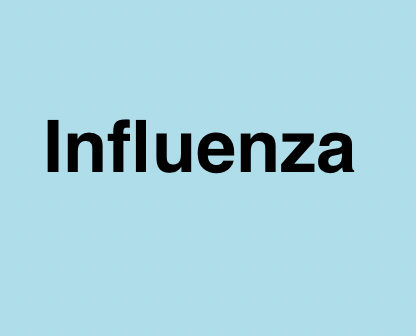Risk to the general public remains low
LANSING, Mich. – The Michigan Department of Health and Human Services (MDHHS) is announcing an additional case of influenza A (H5) in a Michigan farmworker who worked closely with influenza A (H5) positive cows. This worker was employed at a different farm than the case announced on May 22. The Centers for Disease Control and Prevention (CDC) continues to highlight that the risk to the public remains low; this farm worker was quickly provided antivirals and is recovering from respiratory symptoms.
This virus has been associated with the ongoing multistate outbreak of influenza A (H5N1). As part of the ongoing response, state and local public health are closely monitoring for potential human cases, which can occur sporadically in individuals with close contact with infected animals. It is not unexpected that comprehensive testing is identifying sporadic human infections in farm workers.
“Michigan has led a swift public health response, and we have been tracking this situation closely since influenza A (H5N1) was detected in poultry and dairy herds in Michigan. Farmworkers who have been exposed to impacted animals have been asked to report even mild symptoms, and testing for the virus has been made available,” said Dr. Natasha Bagdasarian, chief medical executive. “With the first case in Michigan, eye symptoms occurred after a direct splash of infected milk to the eye. In this case, respiratory symptoms occurred after direct exposure to an infected cow. Neither individual was wearing full personal protective equipment (PPE). This tells us that direct exposure to infected livestock poses a risk to humans and that PPE is an important tool in preventing spread among individuals who work on dairy and poultry farms. We have not seen signs of sustained human-to-human transmission, and the current health risk to the general public remains low.”
“In Michigan, we continue to respond to influenza A (H5N1) with a one-health approach, working closely with our federal, state, and local partners to address human and animal health,” said Michigan Department of Agriculture and Rural Development (MDARD) Director Tim Boring. “Proper use of personal protective equipment is the best tool we have to protect farm workers. MDARD is currently offering assistance to dairy farms in need of additional protective equipment. MDARD has and will continue to take bold actions to assist farms impacted by this disease.”
MDHHS recommends seasonal flu vaccination for people working on poultry or dairy farms. It will not prevent infection with avian influenza viruses, but it can reduce the risk of coinfection with avian and flu viruses.
MDHHS will be posting additional case identifications at Michigan.gov/influenzaA.




